Joan Crawford! John Garfield! And directed by Jean Negulesco! Er… Ok, that’s a completely utterly unfamiliar name to me. That’s a really unenthusiastic Wikipedia page. He was nominated for a bunch of awards but didn’t win much. But they let him make a bunch of movies, so I guess they were commercially successful?
This is… kinda bad? Negulesco goes for Real Drama in every scene, I think, and it falls kinda flat. He mostly doesn’t have good enough actors to carry it off, and there’s such an abundance of bad lines and uninspiring (but “clever”) cinematography.
I’m not sure where my immediate antipathy for this is coming from. I mean, in some respects it’s not that far from Douglas Sirk, and he’s brilliant. But he… knew what he was doing?
Crawford’s performance is appropriately over-the-top, but..
I do like the extended musical scenes. That’s kinda unusual. And they’re all from the Now That’s What I Call Really Dramatic Classicalish Music Volume 14! Let’s see… this claims it’s Gershwin, Bizet, Chopin, Gershwin, Chopin, Chopin, Korsaov, Dvorák, Dvorák, Wagner, Grieg, Prokofiev, Shostakovich, Bach, Tchaikovsky, Mendelssohn, Brahms, Porter, Porter and de Sarasate?
But it’s mostly Waxman? I think?
Humoresque. Jean Negulesco. 1946.
Popular movies in December 1946 according to IMDB:
| Poster | Votes | Rating | Movie |
|---|---|---|---|
 | 293826 | 8.6 | It’s a Wonderful Life |
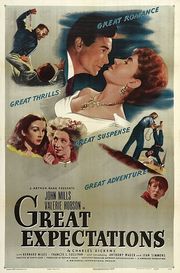 | 18210 | 8.0 | Great Expectations |
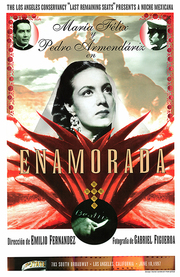 | 391 | 7.8 | Enamorada |
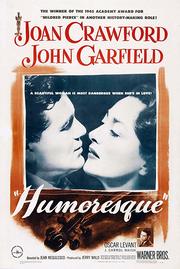 | 2951 | 7.6 | Humoresque |
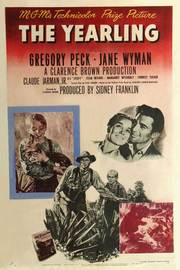 | 4430 | 7.3 | The Yearling |
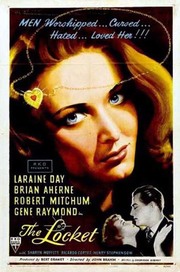 | 1683 | 7.2 | The Locket |
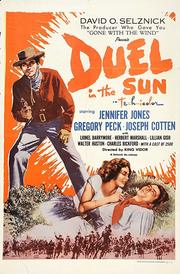 | 6515 | 6.9 | Duel in the Sun |
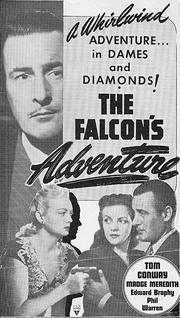 | 231 | 6.6 | The Falcon’s Adventure |
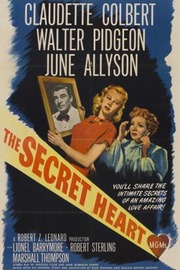 | 426 | 6.6 | The Secret Heart |
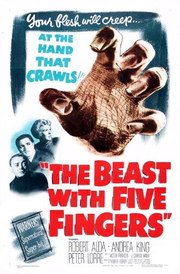 | 1719 | 6.6 | The Beast with Five Fingers |
This blog post is part of the Decade series.
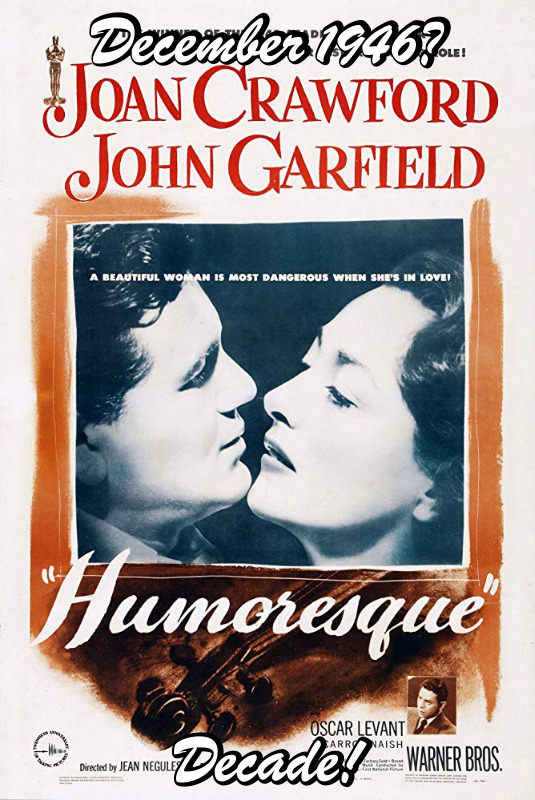
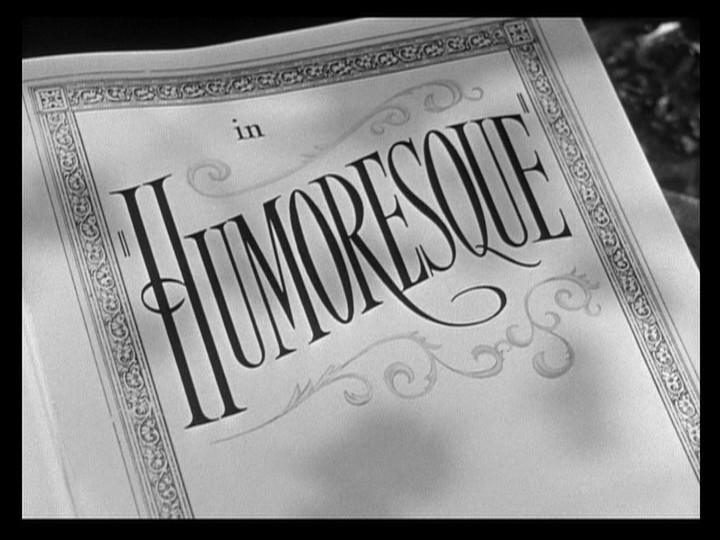
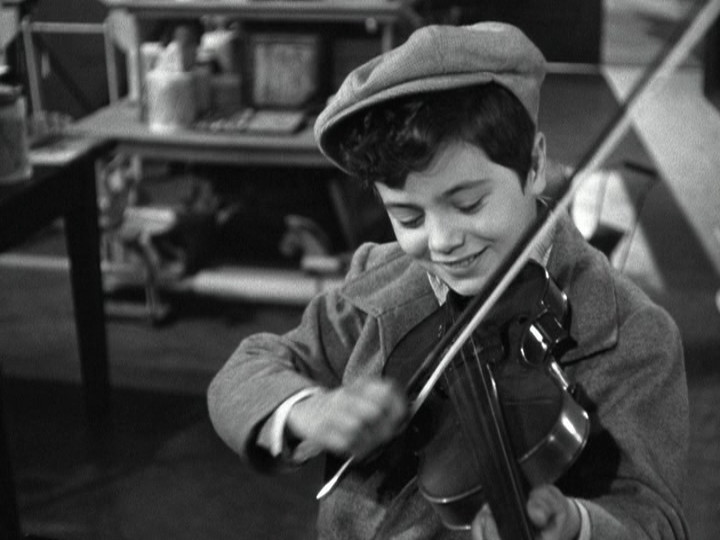
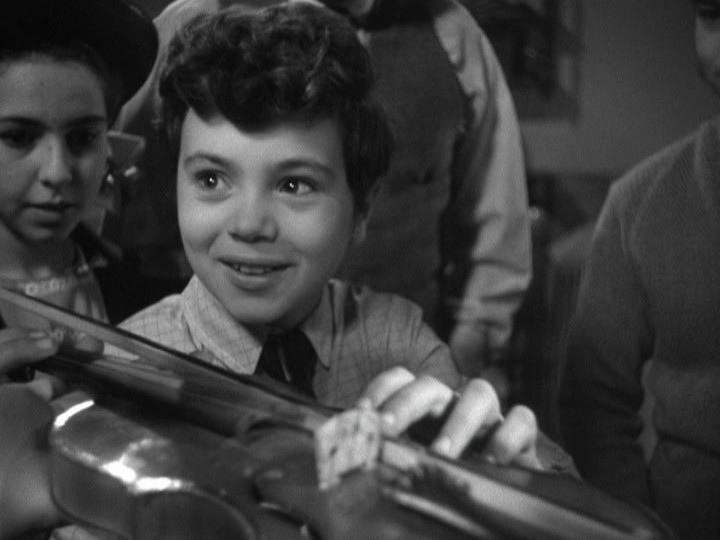

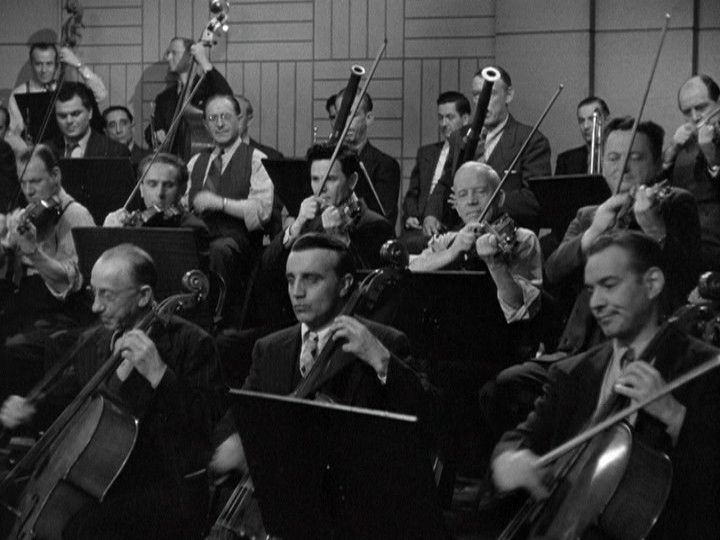
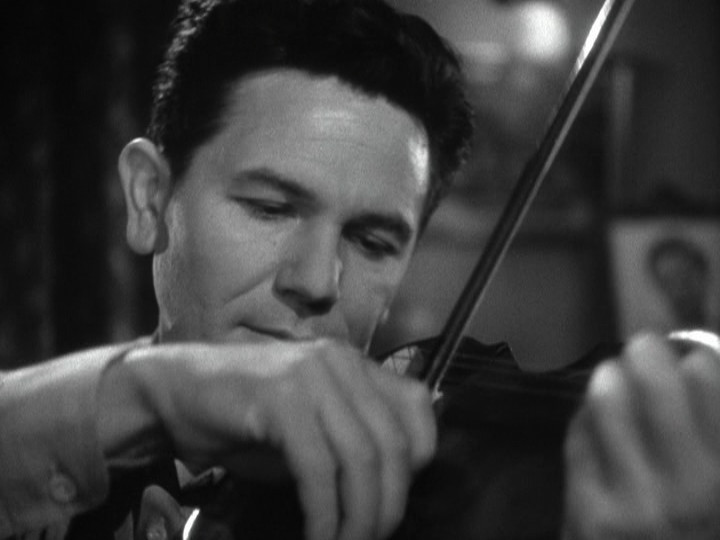
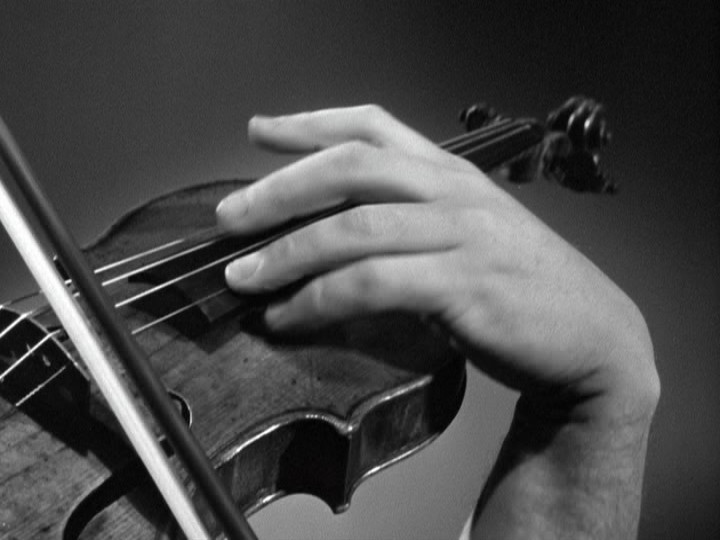
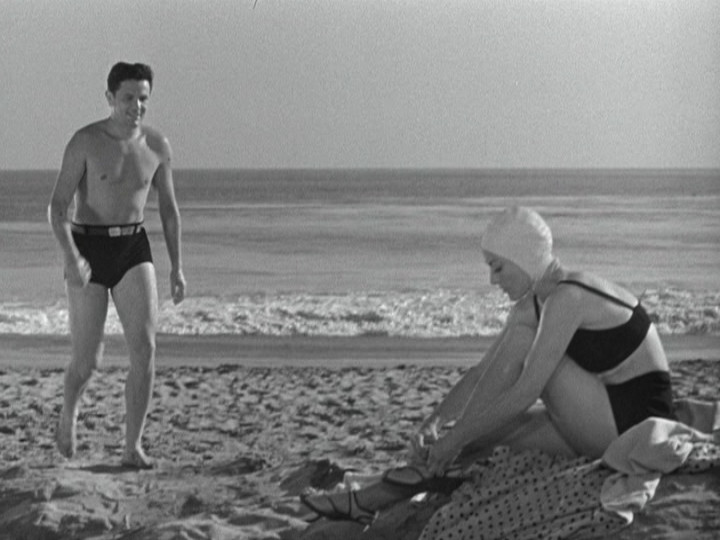
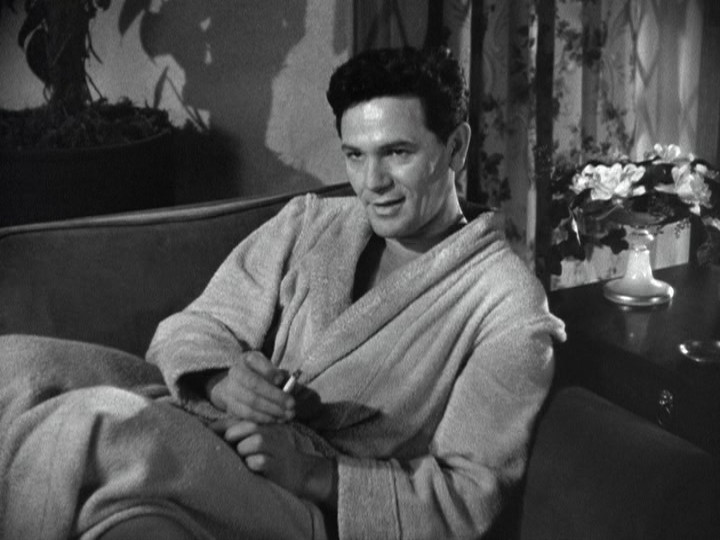
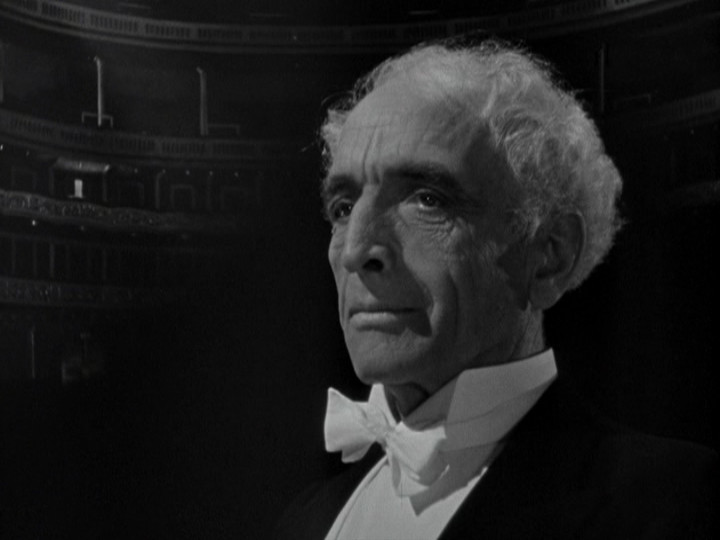
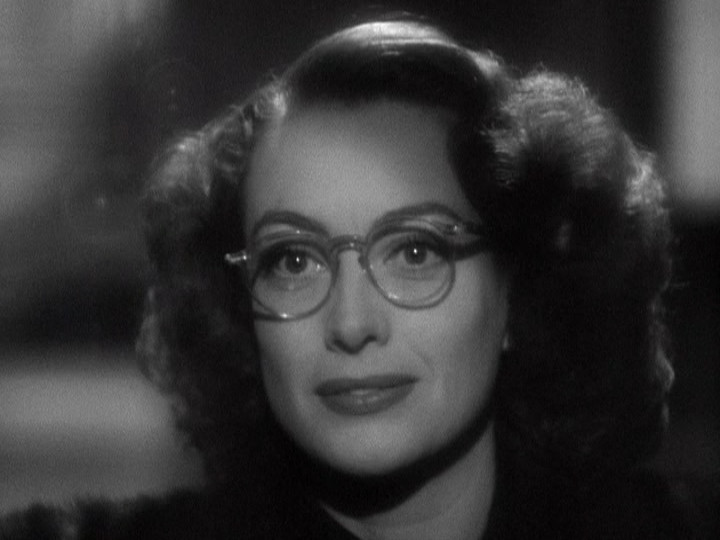
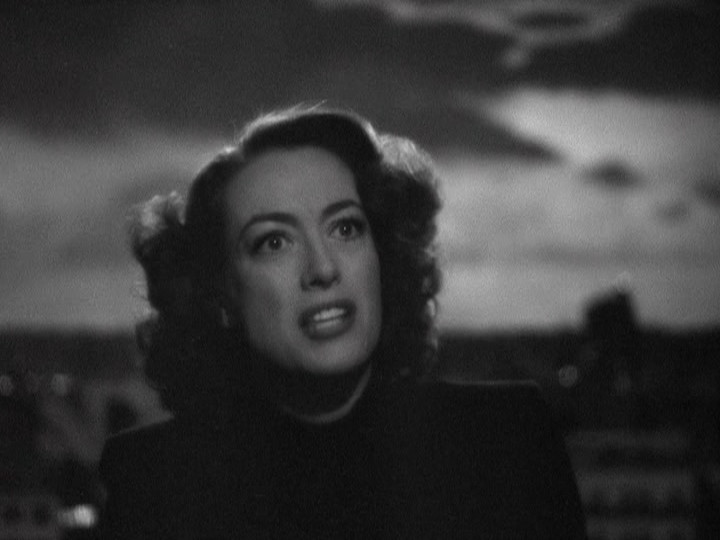
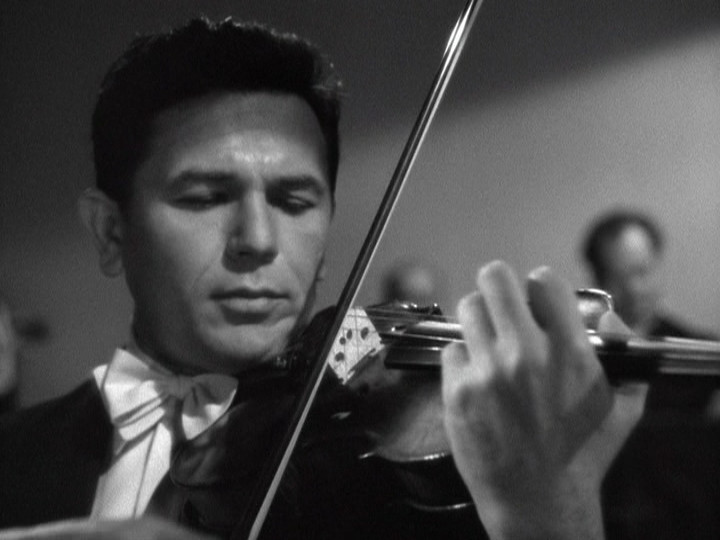
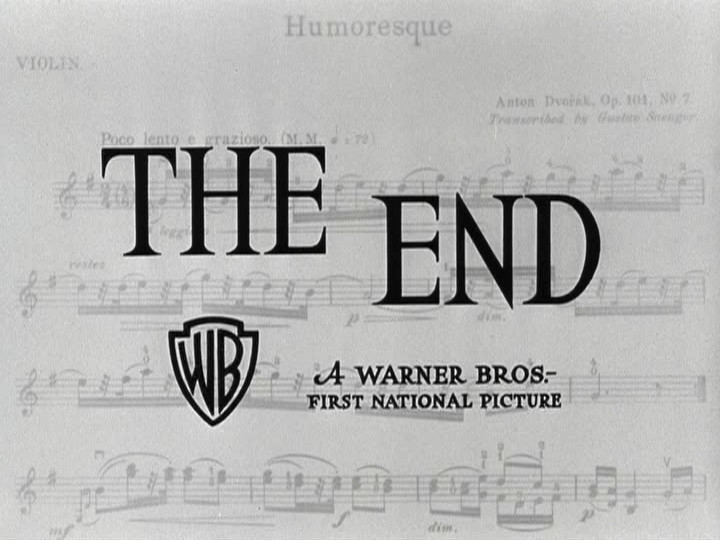
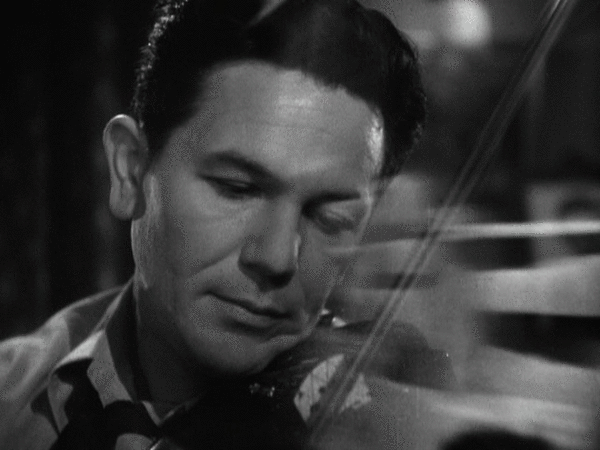
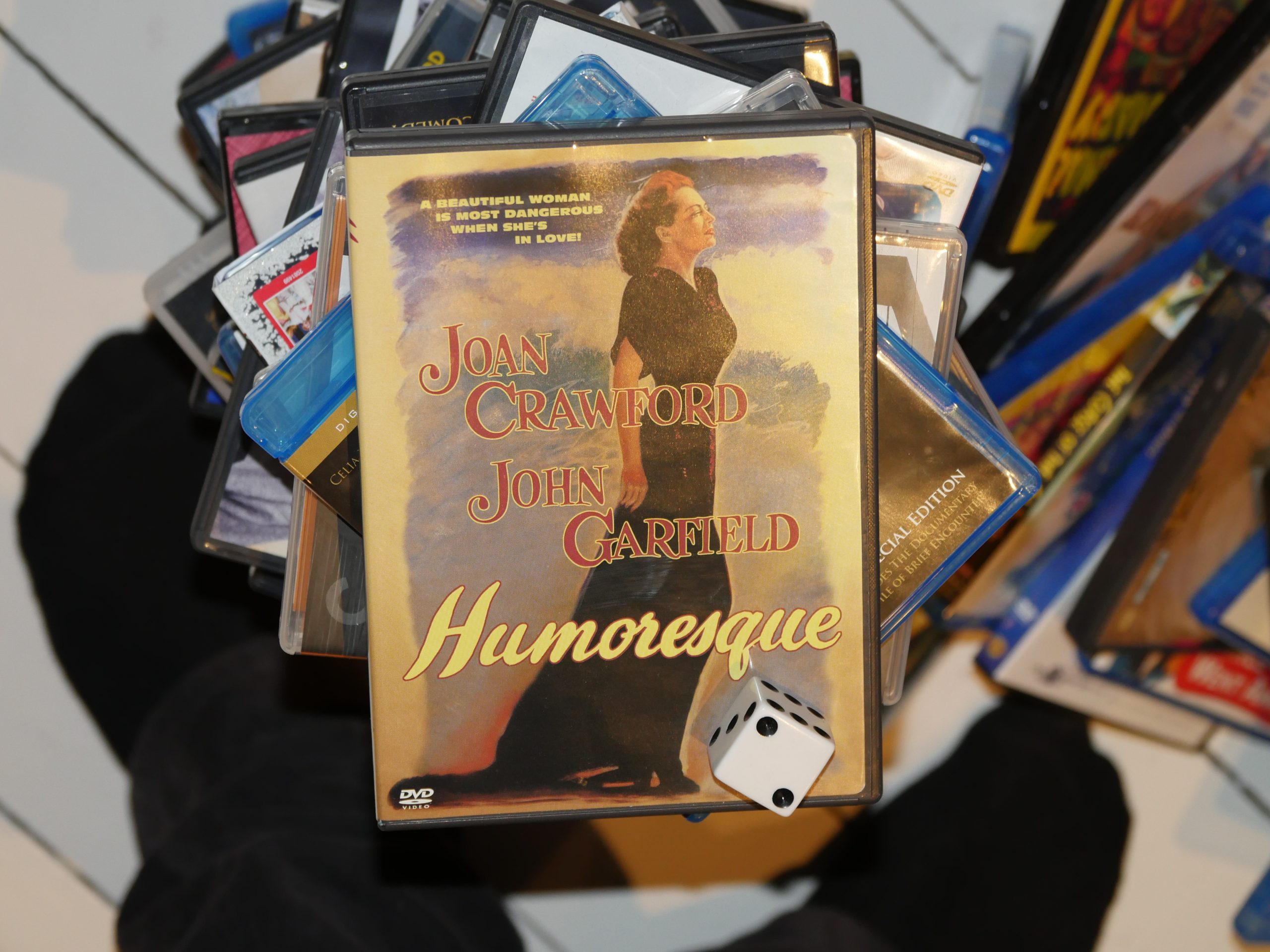
It isn’t a bad movie at all. A bit overly melodramatic but the use of music is quite revolutionary even the montage scene of Waxman’s own music to portray the mechanization and noise of modern life. One subtle example is when the violinist’s parents come to visit his new apartment (paid for by his benefactress) – Levant plays CHopin’s 4th Ballade with its wistful, somewhat haunting melody that tends to be a bit directionless. The latter part of the piece which is not heard builds to a stormy climax – it is a brilliant example of foreshadowing of the tragic turn that will happen in the violinist’s life. The problem of course is that although even someone with some general knowledge of classical music may recognize some of the pieces or the style, they will miss the great depth the music adds to the film and comments on the characters. It makes it a very unusual film in American cinema. Another example is when the violinist plays two famous selections of Bizet’s Carmen while the benefactress sits in the seats getting aroused. Well the story of Carmen a factory worker who seduces a military man who falls for her and helps her escape prison. The military man gives up his career for Carmen but Carmen loses interest in him while Jose fumes at the loss of his relationship. Eventually the former military man kills Carmen. You could say the violinist is symbolized as Carment the seducer (and he is playing the violin) while the benefactress can be seen as Jose. But in the movie the violinist and benefactress are still in love and you see a theme of the violinist trying to save the benefactress from her own self-destructive drinking and hanging around parasitic lovers. And the death of Carmen (who could be seen as also the benefactress at some points and at other times the violinist) is foretold in a card reading in the original opera.
I think Odetts script is wonderful and fits the operatic/musical drama of the piece. Just note that many of the pieces herad are from the Romantic era and some are transcriptions of oepratic works. The only piece that falls outside these genres is the violin concerto heard early one when the violinist and the piano after playing a section discuss if the violinist is ready for the stage. The concerto being played is Mendelssohn’s Violin Concerto. It became a “hit” practically soon after its sdebut in the first half of the 19th century. Mendelssohn too was seen as a musical prodigy who at first seemed destined to exceed Mozart. However, he never attained such stature although his music is still well-regarded abd performed. His Violin Concerto today can be heard played by very young virtuosos (as young as 10!). So that scene where the violinist plays it with his friend accompanying and then asks him if he is ready for the stage serves as a sort of the violinist moving from puberty to adulthood. Note too that it is after this piece is heard (and never heard again) that he meets the benefactress.
So, Humoresque is one of the few movies one MUST see and hear a few times and research the music to truly enjoy and appreciate how masterful it is. I think this is the reason too it is considered underrated – many people with all the wonderful world musics out there available, do not have the same exposure to Western classical as one did in the an urban center of the 1920’s – 1940’s.